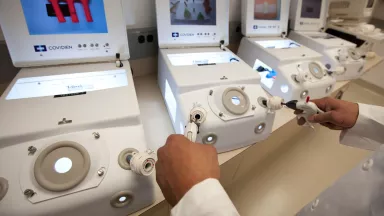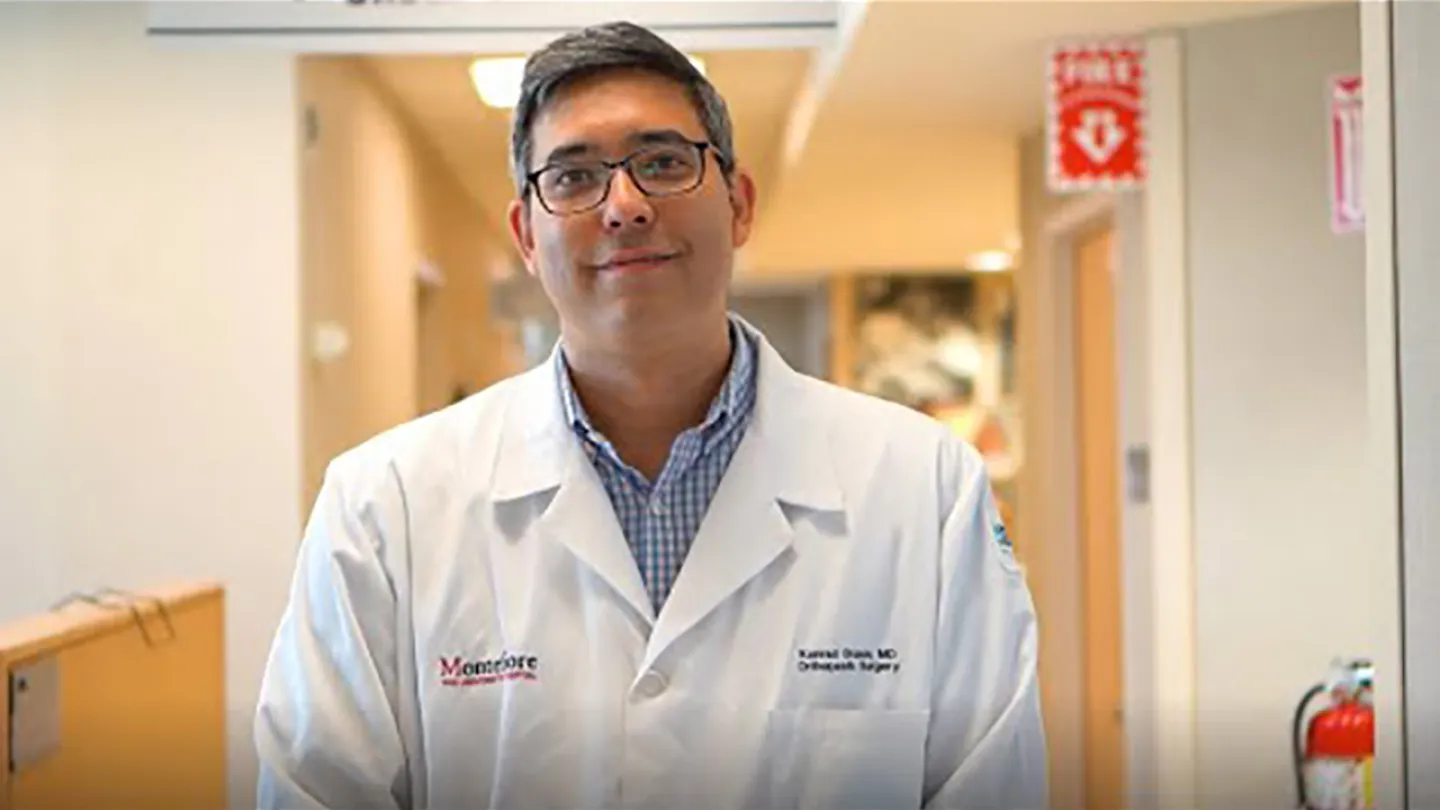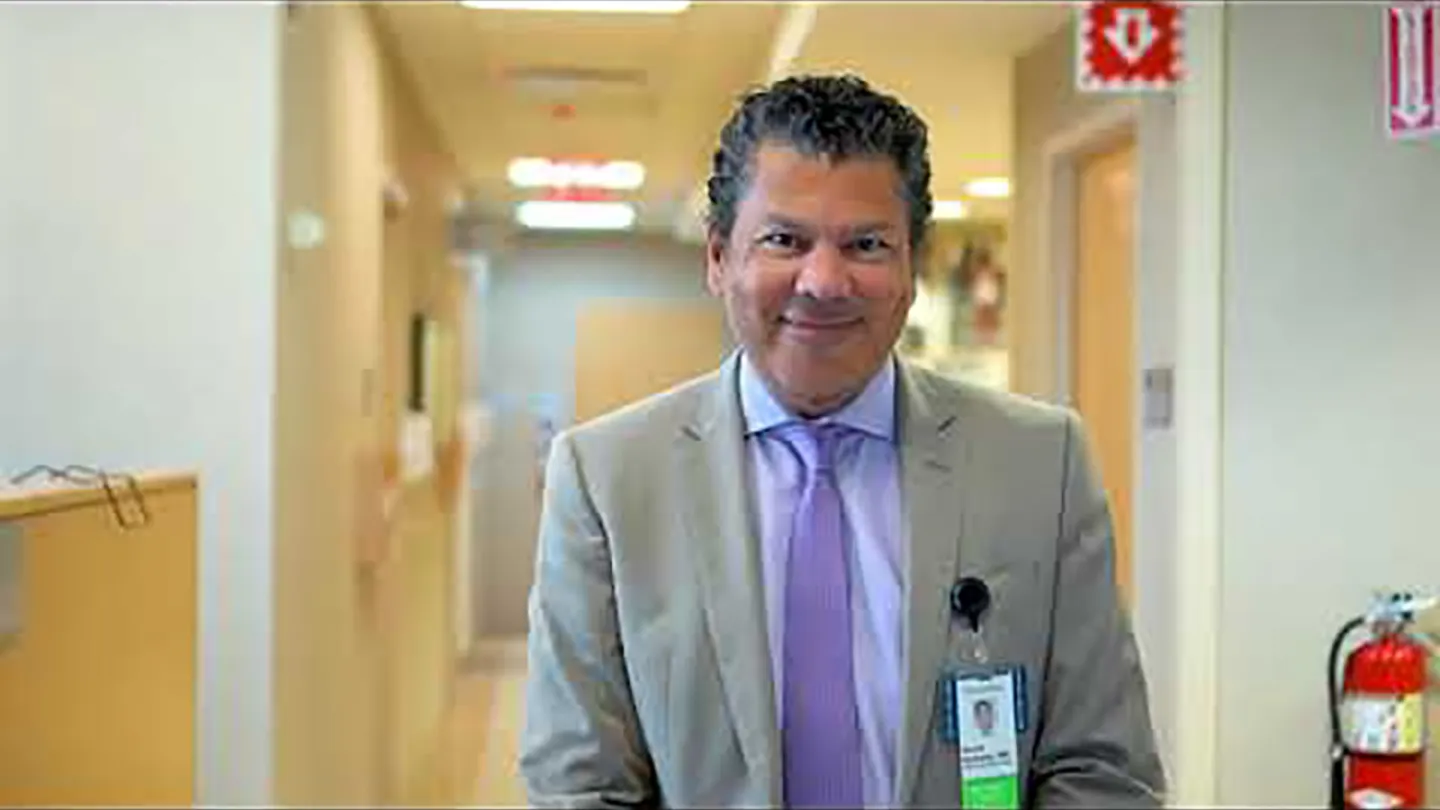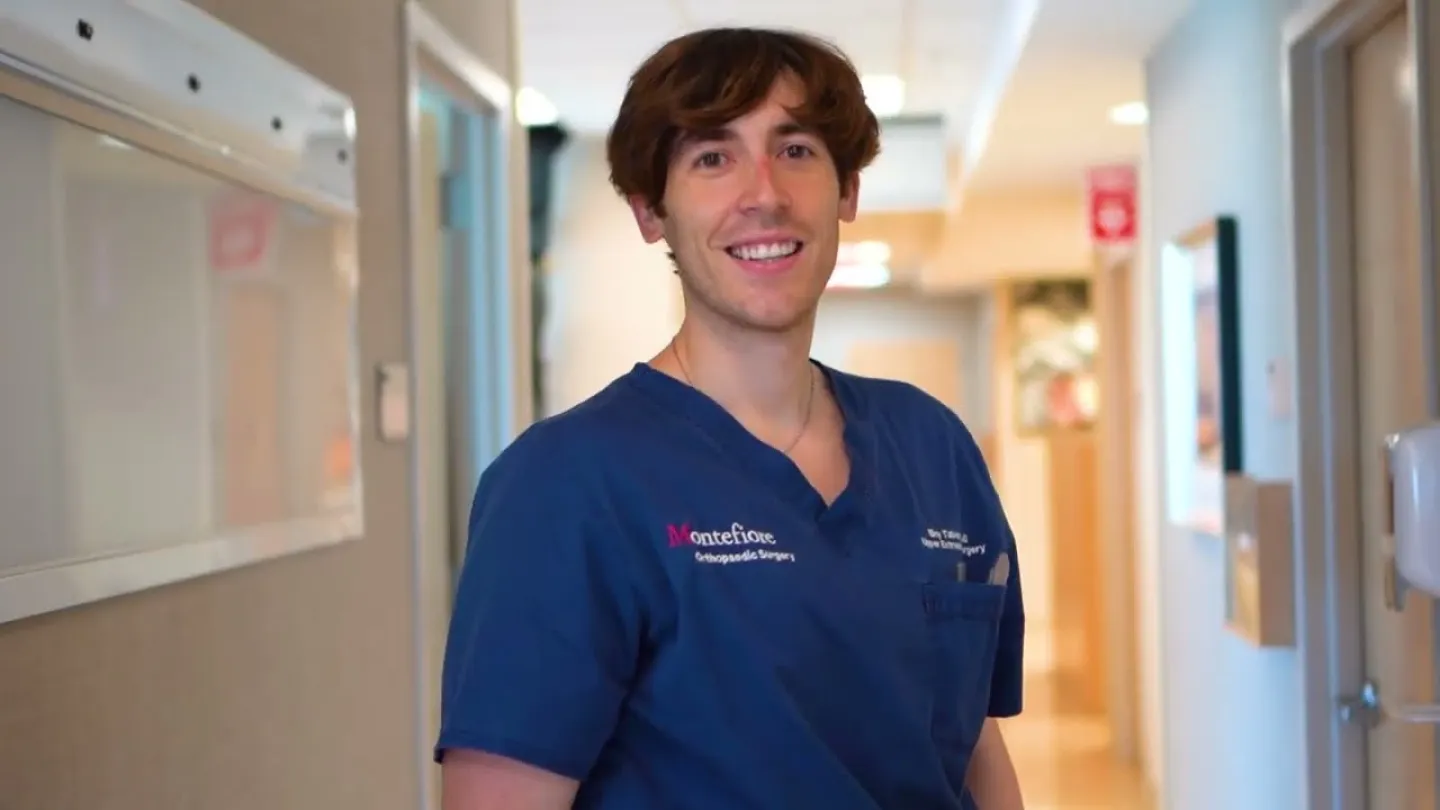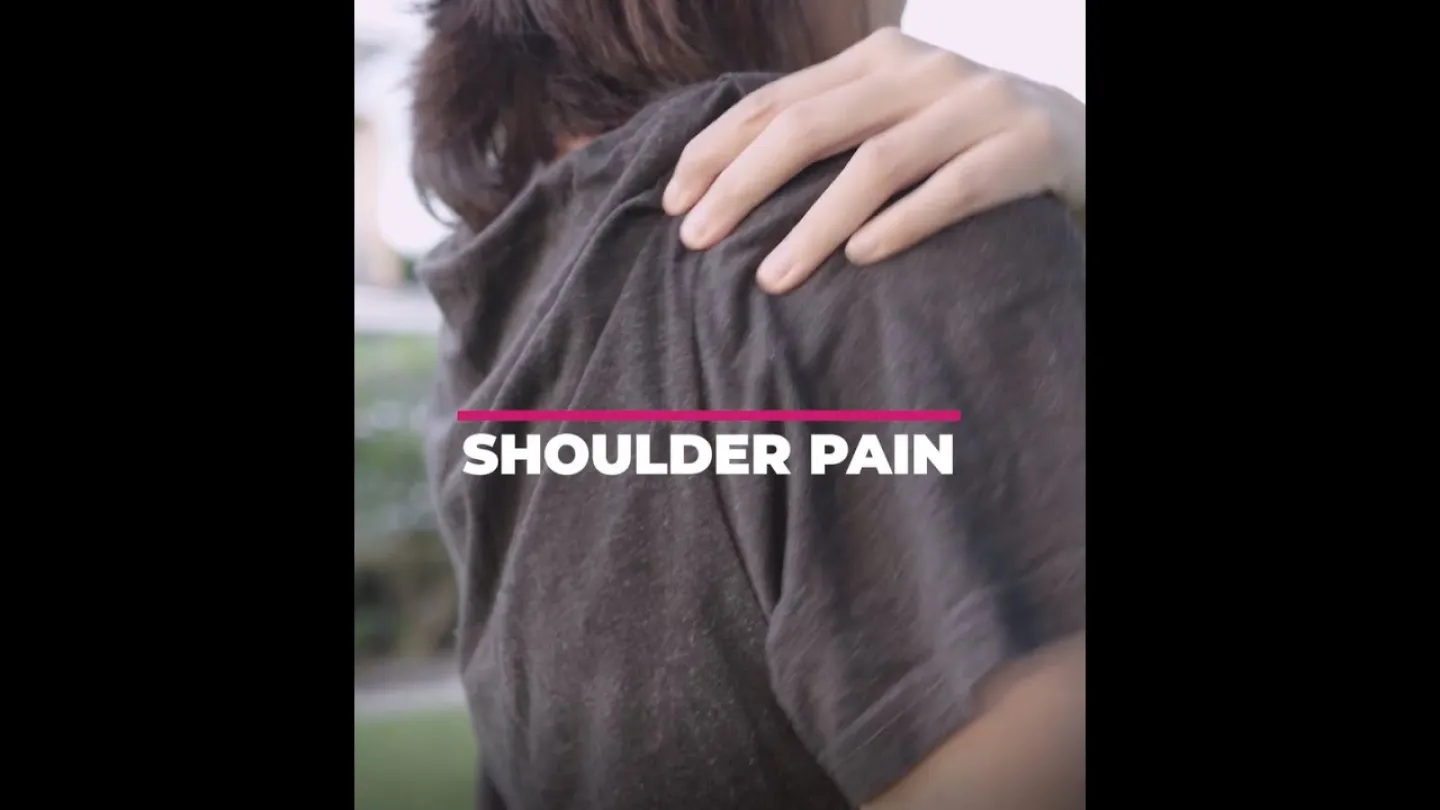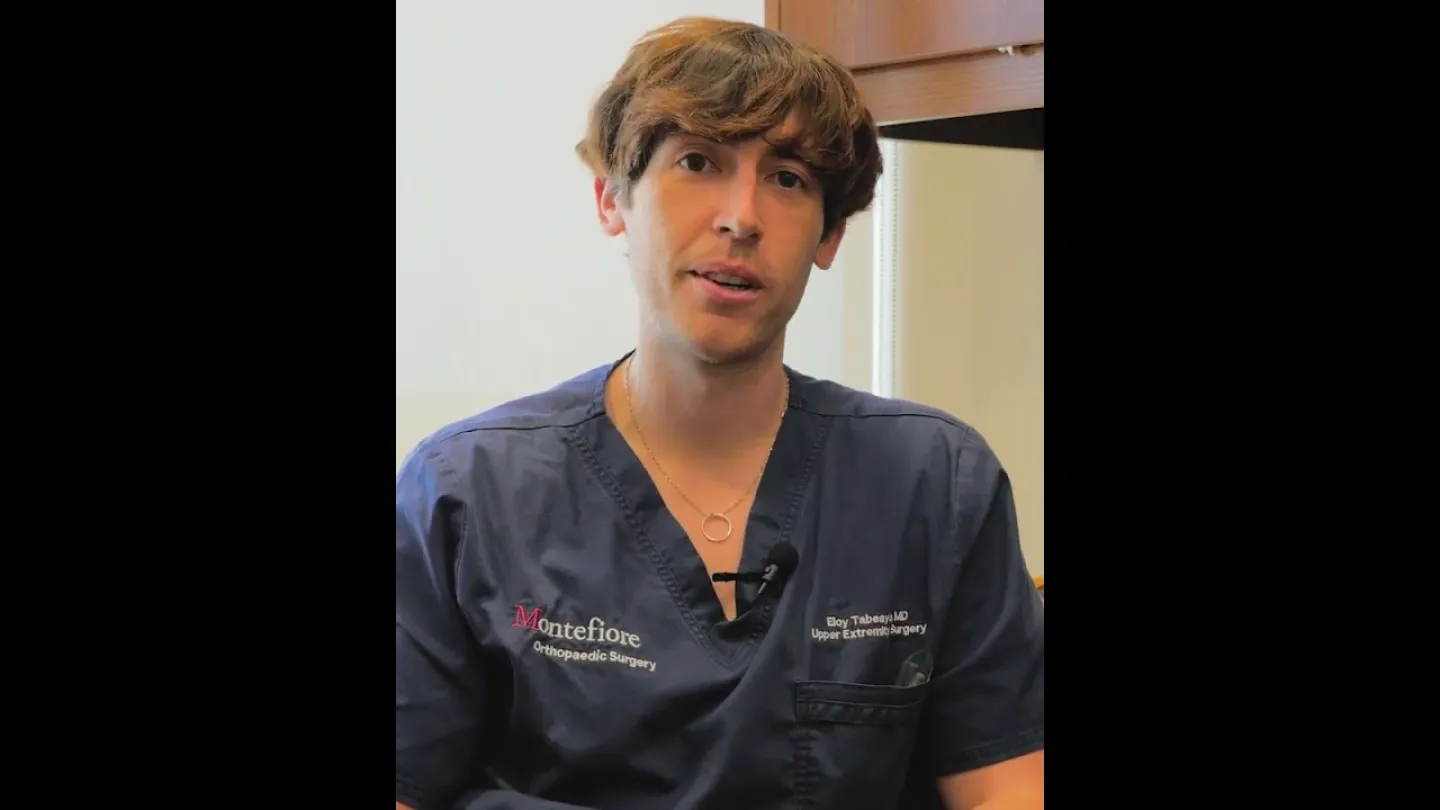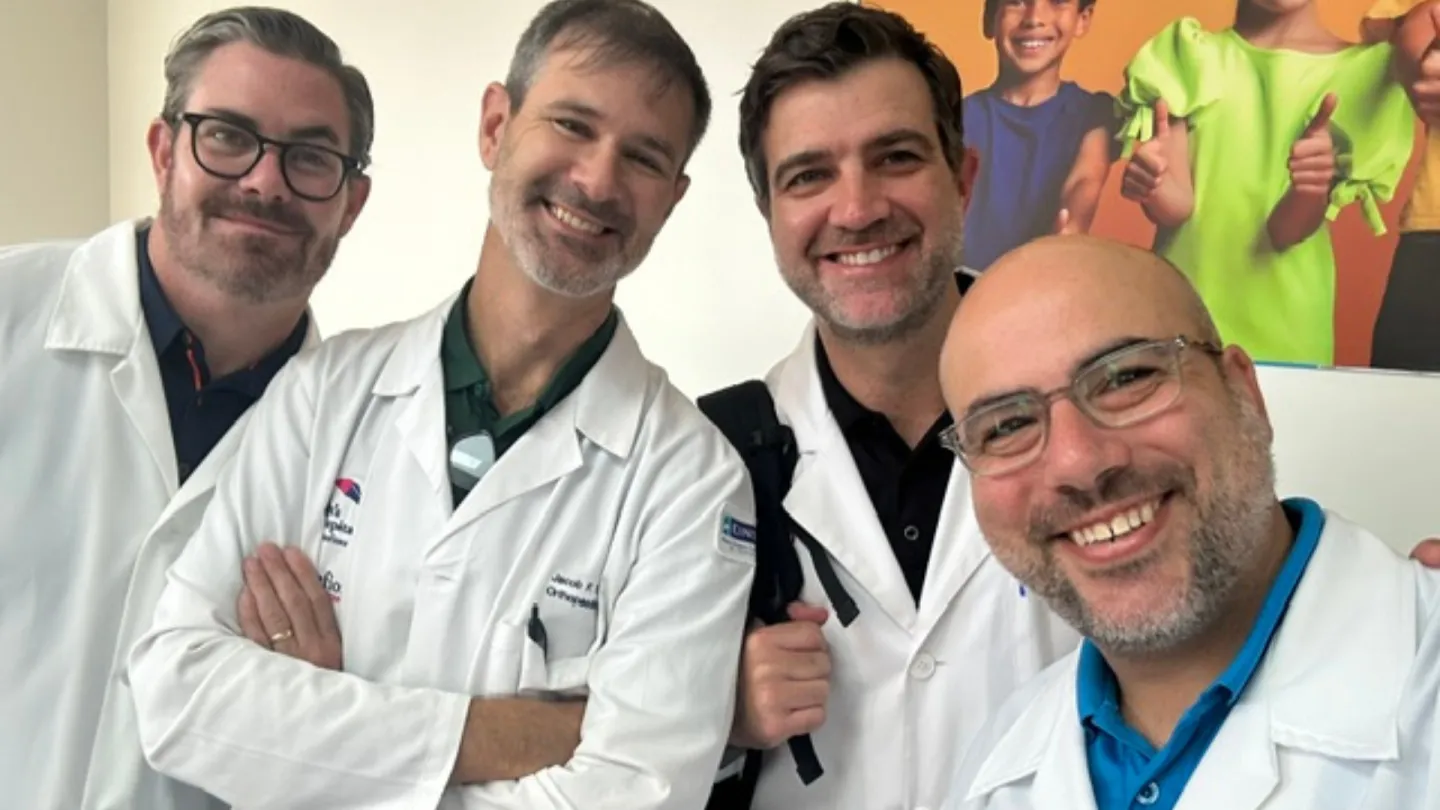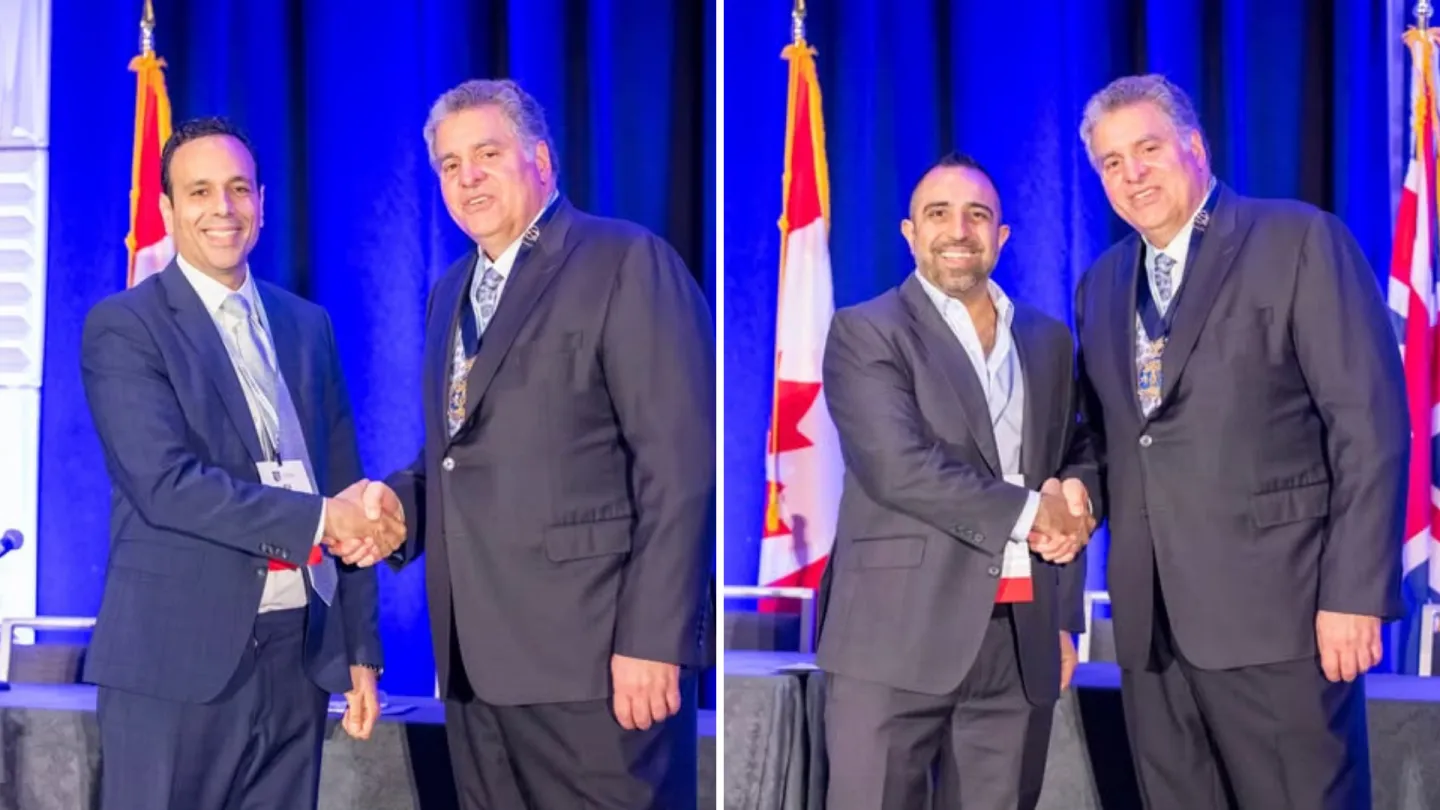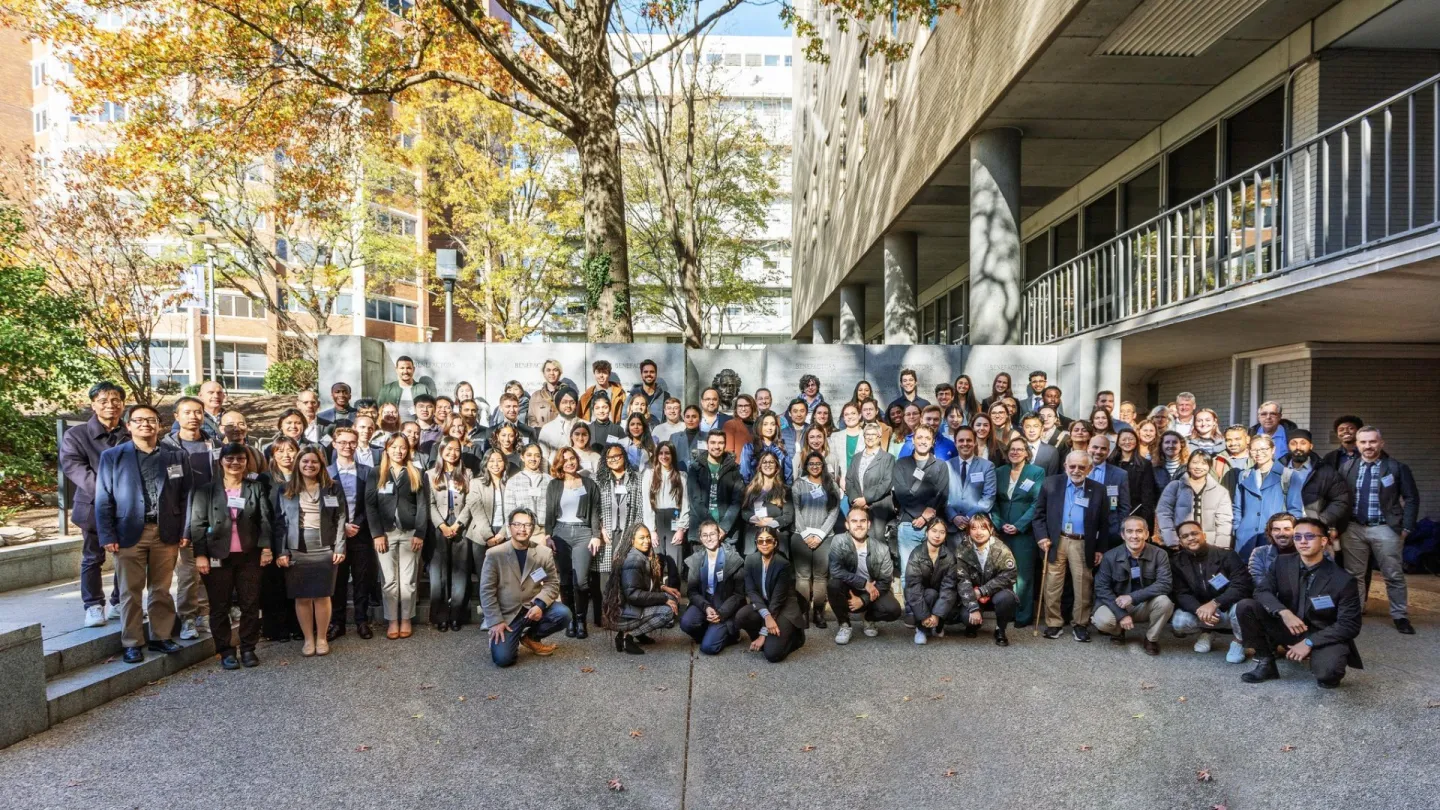Innovative Treatments & Comprehensive Care

Montefiore Einstein Orthopedic Surgery’s shoulder specialists bring together a tremendous breadth of expertise to treat a wide range of disorders affecting the shoulder and shoulder girdle. Our faculty possess a wealth of clinical experience and knowledge, providing every patient with specialized and individualized attention. We’re ranked in the top 1% of all hospitals in the nation for Orthopedics according to U.S. News & World Report.
Our fellowship-trained surgeons work closely in multidisciplinary teams with experts in nonoperative specialties, such as rehabilitation medicine, physical and occupational therapy, rheumatology, musculoskeletal radiology and pain management, to offer patients the most comprehensive and innovative treatment options available.
As an academic health system, we are constantly engaged in discovering and exploring new innovations in the field. Our participation in biomechanical and clinical research allows us to investigate novel approaches and treatments for the advancement of care within our own health system and beyond.
The experience of our patients and their loved ones—not simply their ailments—demands our full attention. Your dedicated care team will be there to discuss your condition, answer questions, assess treatment options and develop a treatment strategy that is best for you.
Disorders of the shoulder and shoulder girdle represent some of the most common and debilitating orthopedic conditions. These injuries and conditions can cause significant pain and dysfunction, interfering with work, recreation and everyday life.
At Montefiore Einstein, we believe that optimal outcomes are the product of thorough evaluations, accurate diagnoses and intelligent, patient-specific treatment plans developed through years of clinical experience and evidence-based medicine.
Using a collaborative approach, our surgeons and nonoperative specialists work together to assess and customize a patient-specific treatment plan.
As an academic health system, we are deeply committed to advancing the science of medicine and working toward excellence in shoulder study and care. Our Multidisciplinary Shoulder Research Group, composed of clinicians, basic scientists, coordinators and other researchers, is dedicated to unveiling the causes of shoulder pain and discovering innovative ways to improve clinical outcomes. We routinely participate in multicenter research studies and publish our results in peer-reviewed medical journals.
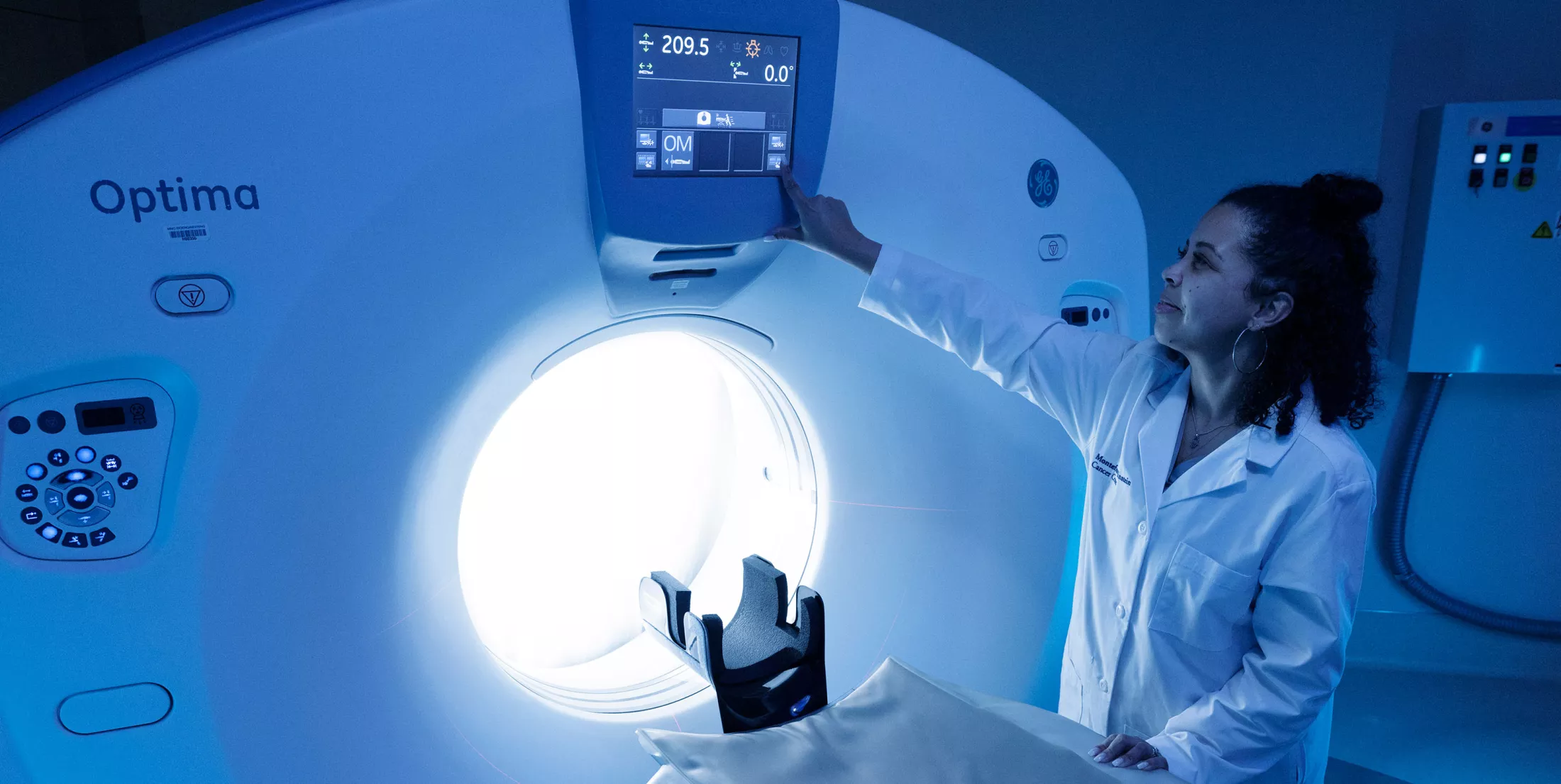
Conditions We Treat
Montefiore Einstein treats a wide spectrum of orthopedic conditions, a selection of which you will find here. In addition to these, we have experience treating many other related conditions. Please contact us to schedule a consultation to review and discuss your specific healthcare needs.
Multidirectional laxity
Traumatic shoulder dislocation
Superior labral (SLAP) tears
Rotator cuff tendinitis (bursitis)
Rotator cuff tear
Rotator cuff disorders
Bicep tenosynovitis
Proximal humerus fracture
Shoulder blade (scapula) fracture
Collarbone (clavicle) fractures
Acromioclavicular (AC) joint injuries (shoulder separations)
Shoulder arthritis
Humerus fracture/non-union
Frozen shoulder
Arm injuries
Shoulder injuries

Advanced Shoulder Treatments We Offer
Most shoulder and shoulder girdle injuries can be effectively treated with nonsurgical intervention. But in some instances, surgery is the most effective solution. Our team offers patients many leading-edge surgical techniques, including arthroscopy, fracture fixation and total shoulder replacement. Some of the procedures we perform include:
While physiotherapy can sometimes help restore stability and strength to an unstable shoulder, surgery is required in some instances.
Arthroscopic instability repair is a minimally invasive surgical technique that uses a camera to diagnose and, in some cases, treat the cause of instability or recurrent dislocations. It aims to restore shoulder stability by tightening and repairing the injured anatomic structures. By working through several small incisions, the stretched capsule can be reduced in size, and the torn labrum can be reattached to the bone using sutures and small anchors.
Patients can often return home the day of surgery, either in a sling or a brace. Following surgery, physical therapy is often necessary to help patients regain flexibility and strength.
Rotator cuff injuries involve either partial or complete tears of specific tendons within the shoulder joint. These injuries are extremely common and can range in severity. They can occur after a traumatic event, such as a fall, but sometimes develop over time without an isolated incident. They routinely result in pain, decreased strength and decreased range of motion. While physiotherapy can sometimes help restore strength and motion, surgery is required in some instances.
Arthroscopic rotator cuff repair is a minimally invasive surgical technique. Working through several small incisions, a camera and special instruments are inserted into the shoulder. The bone above the rotator cuff (acromion) is then smoothed and decompressed in order to minimize future injury. From there, rotator cuff tendons are reattached to their proper location on the humerus using small bone anchors and specialized sutures.
Patients can often return home the day of surgery, either in a sling or a brace. Following surgery, physical therapy is frequently necessary to help patients regain flexibility and strength.
Instability of the shoulder commonly occurs following traumatic dislocation. Left untreated, instability or recurrent dislocations may lead to further disability. Physiotherapy can sometimes help restore stability and strength; however, in some instances, surgery is required.
Open instability repair is a conventional surgical technique used to treat instability or recurrent dislocations. It aims to restore shoulder stability by tightening and repairing the injured shoulder capsule and its associated structures, including the labrum. It can also be used to reconstruct bone loss that may result from recurrent dislocations.
Patients can often return home the day of surgery, either in a sling or a brace. Following surgery, physical therapy is frequently necessary to help patients regain flexibility and strength.
Shoulder fractures are common injuries following trauma and can lead to significant pain and disability. Although they can often be treated nonoperatively, there are instances when surgery is needed.
Open reduction and internal fixation is a surgical procedure that involves aligning and positioning the fractured bone or bones. After that, metal plates and screws are used to fix and maintain proper bone position during the healing process. Specialized locking plates, sterilized bone graft and surgical grade bone cement are used in cases of poor bone quality to provide a full array of tools and techniques.
Open reduction and internal fixation may require a short hospital stay that is determined on a case-by-case basis. Physical therapy is typically needed to help patients regain range of motion and strength. The goal of open reduction and internal fixation is to alleviate pain, restore function and help patients return to their daily activities.
The shoulder is a ball-and-socket joint. As people age, the cartilage can wear out, resulting in arthritis. Sometimes shoulder arthritis can develop for other reasons, such as rheumatoid arthritis, avascular necrosis or following a trauma. Regardless of the cause, arthritis may result in pain and limited motion, which can greatly impact an individual’s quality of life. If nonsurgical treatments do not provide enough pain relief, the joint can be replaced surgically.
A total shoulder replacement involves replacing the damaged parts of the shoulder joint with a specialized prosthesis made of durable artificial materials. There are a number of shoulder replacement systems available, including conventional, reverse and revision. A conventional total shoulder replacement is often used when surrounding muscles and tendons are intact and healthy. A reverse total shoulder replacement is often selected for patients with chronic rotator cuff tears, which is common in older patients with complex fractures and concurrent arthritis. Revision shoulder systems, which allow for more complicated reconstruction, are used following a failed prior shoulder replacement.
Total shoulder replacement generally requires a short hospital stay. Physical therapy is typically needed to help patients regain range of motion and strength. The goal of total shoulder replacement is to relieve pain, improve function and help patients return to their daily activities.
Your Team of World-Renowned Specialists
Featured Videos
Orthopedic Surgery Highlights
Physician Referrals
Montefiore Einstein embraces a collaborative approach.
If you have a patient who could benefit from our services, please reach out.
718-920-2060
Schedule a Visit
Have a general question or concern?
We’re available to help you by phone or email.
• 718-920-2060 • orthofeedback@montefiore.org




